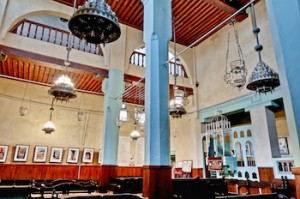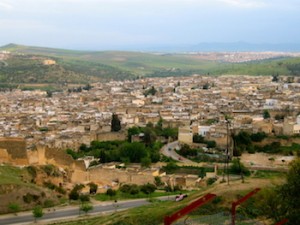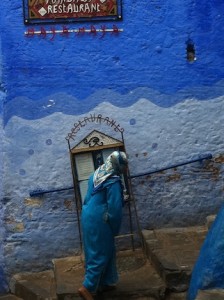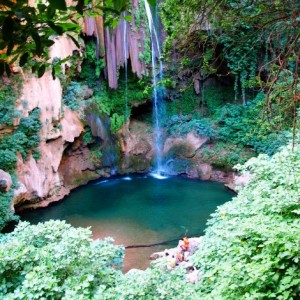Essaouira’s 18th Annual Gnaoua Music Festival May 2015
Every year, the sun-bleached, windswept city of Essaouira on Morocco’s Atlantic coast plays host to a festival of Gnaoua and World Music. Normally it is held in June, but this year’s 18th edition will take place – like many of the main Moroccan music festivals –…






